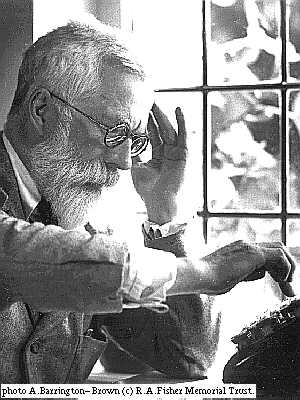
Text: Probability and Statistics, by DeGroot and Schervish available at Wheelock Books .
Grade: Your grade will be determined via Homework (10% of your grade), Midterm exam (30% of your grade each), Short Project (20% of your grade), and a final exam (the remaining 40% of your grade)
The in class part of our midterm will held during class on February 9th and our final will be on March 15th at 8:00 a.m.. You are expect to be free at these times and must discuss any legitimate conflicts with Instructor Leibon during the first week of class.
Class Log: The homework assignments and exam dates can be found in the class log. You will have typically have one homework assignments due each week of the quarter. You will be allowed to drop your lowest homework score.
Honor Principle: On the exams, no help is to be given or received.
Students with disabilities: I encourage students with disabilities, including "invisible" disabilities like chronic diseases and learning disabilities, to discuss with us any appropriate accommodations that might be helpful.
X-Session: The X-session may be used to if we get behind in the syllabus or we are forced to cancel lectures. For example, we will use the X-session on Feb. 8th in order to take off MLK day (Jan. 17).
Rough Syllabus ( Detailed Syllabus ): This course introduces the theory of continuous probability and the theory of statistical inference. Continuous random variables, density functions, expectations, and moment-generating functions are introduced. In addition, special continuous distributions such as the normal, the uniform, and the gamma and the beta are discussed. The continuous probability concepts are used to introduce statistical inference, which includes the theory of estimation and the theory of hypothesis testing. Analysis of data and applications are included. The computer will be used to illustrate various applications of the theory.
The prerequisites for taking this course are a very good understanding of discrete probability (Math 20 or 60 type training) and a decent understanding of multivariate calculus (Math 13 would be great. Really we don't use much multivariate calculus in the course, but you will need to know how to evaluate multiple integrals).
